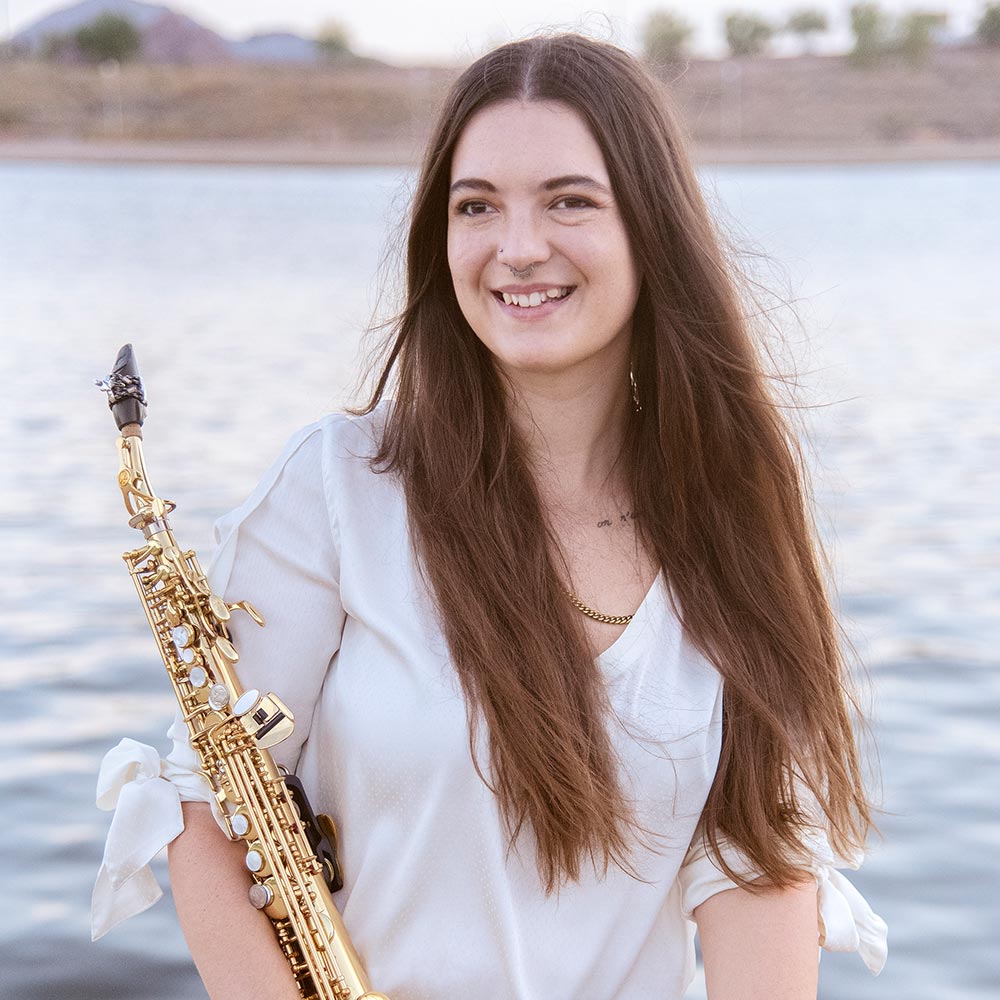
Saxophonist
Jessica Dodge-Overstreet is a classical saxophonist and music theorist from Nevada. She has performed as a soloist across the United States as well as internationally in Canada, France, and Russia. Dodge passionately performs both works by living composers and transcriptions of works from before the saxophone was a standard solo voice. She has had a part in commissioning or premiering works by David Biedenbender, Viet Cuong, Mark Ford, Jenni Watson, and many others.
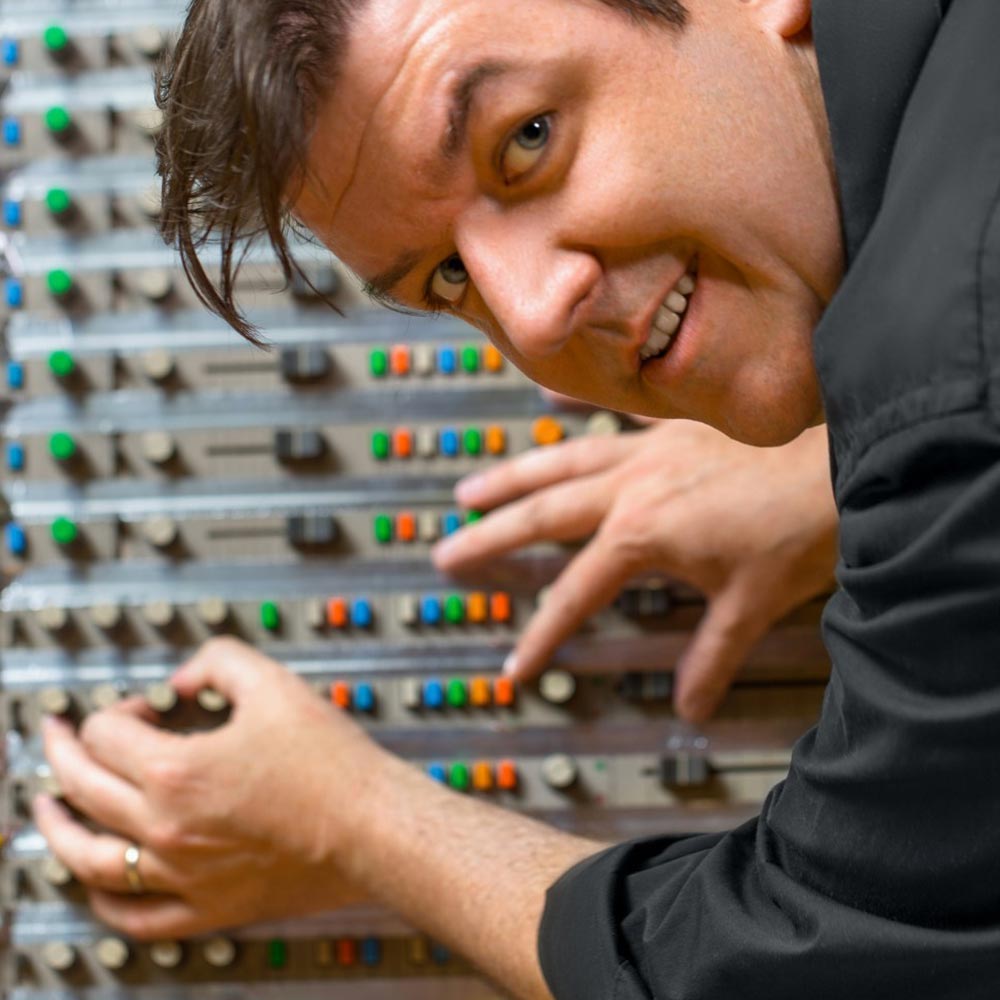
Composer
Jeff Morris creates musical experiences that engage audiences’ minds with their surroundings. His performances, installations, lectures, and writings appear in international venues known for cutting-edge arts and deep questions in the arts. He has won awards for making art emerge from unusual situations: music tailored to architecture and cityscapes, performance art for the radio, and serious concert music for toy piano, robot, Sudoku puzzles, paranormal electronic voice phenomena, and live coding using algebra and breath-controlled piano.
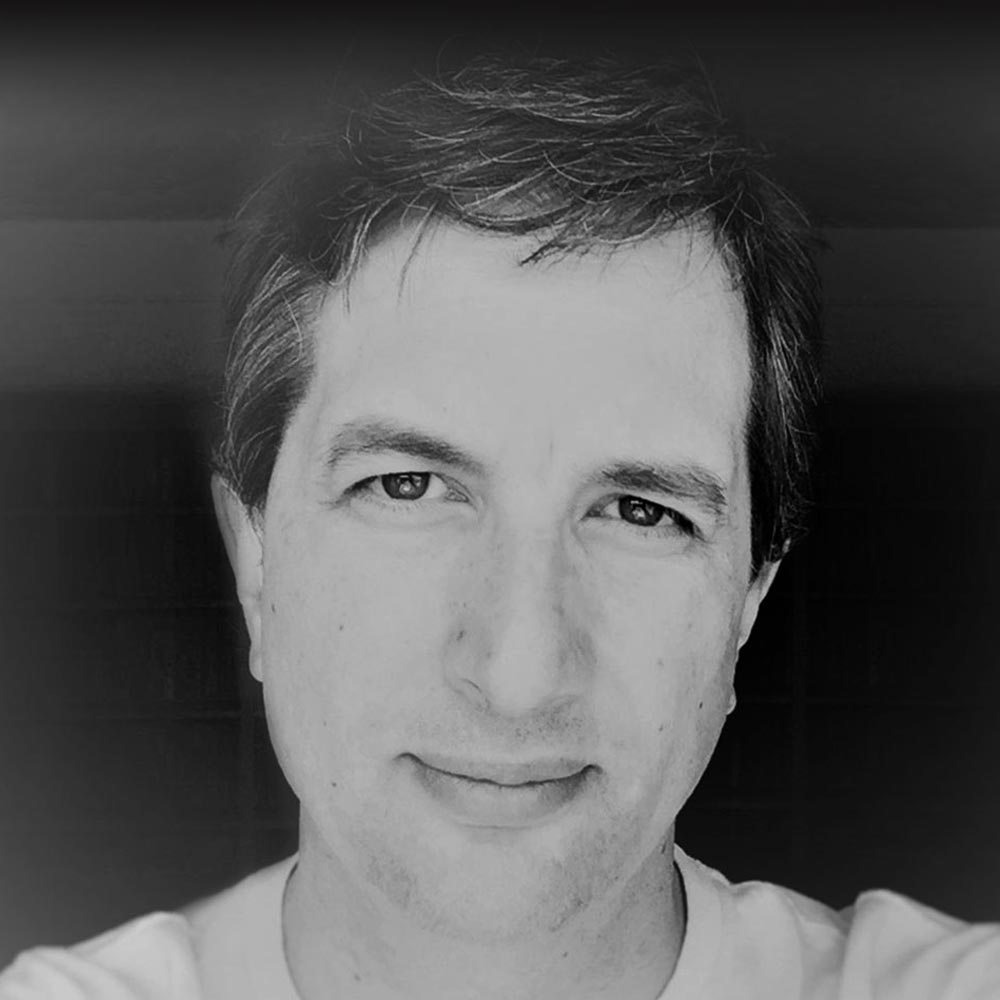
Composer
Bill Whitley works with shapes and patterns, correlating musical materials to kinetic sculpture. His music is defined by interlocking, often hypnotic patterns interspersed with passages of intense rhythmic energy, while placing linear content in the foreground.
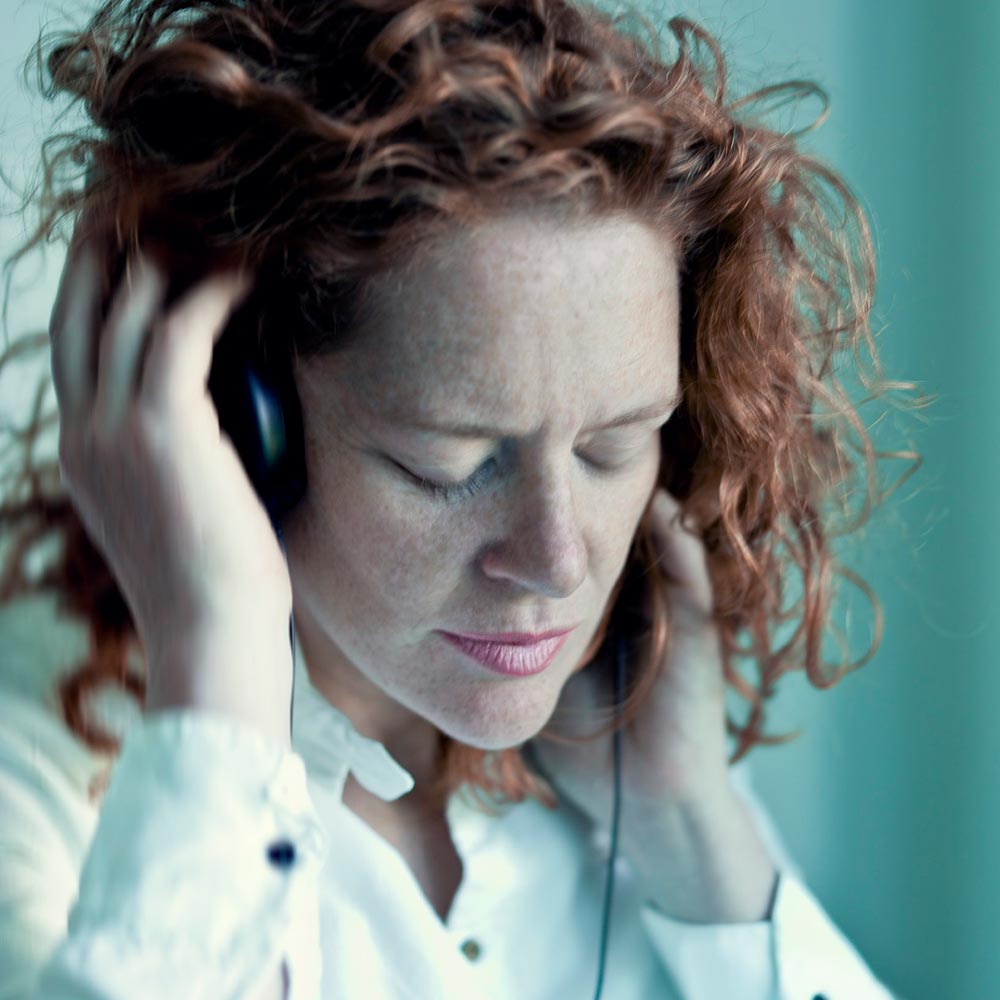
Composer
Juliana Hodkinson’s practice moves within experimental music and sound art genres, and her works range from intimate chamber and object pieces through hybrid formats to larger electroacoustic and orchestral productions. Commissions include All around (BBC Scottish Symphony Orchestra), Angel View (Spor Festival/Scenatet/Berliner Festspiele), Ground View (Ensemble Mosaik), Hauch and Ready for ecstasy (Neue Vocalsolisten), Can modify completely (WDR Sinfonieorchester), Turbulence (Chamber Made Opera), Lightness (Speak Percussion) and something in capitals (Phønix16).
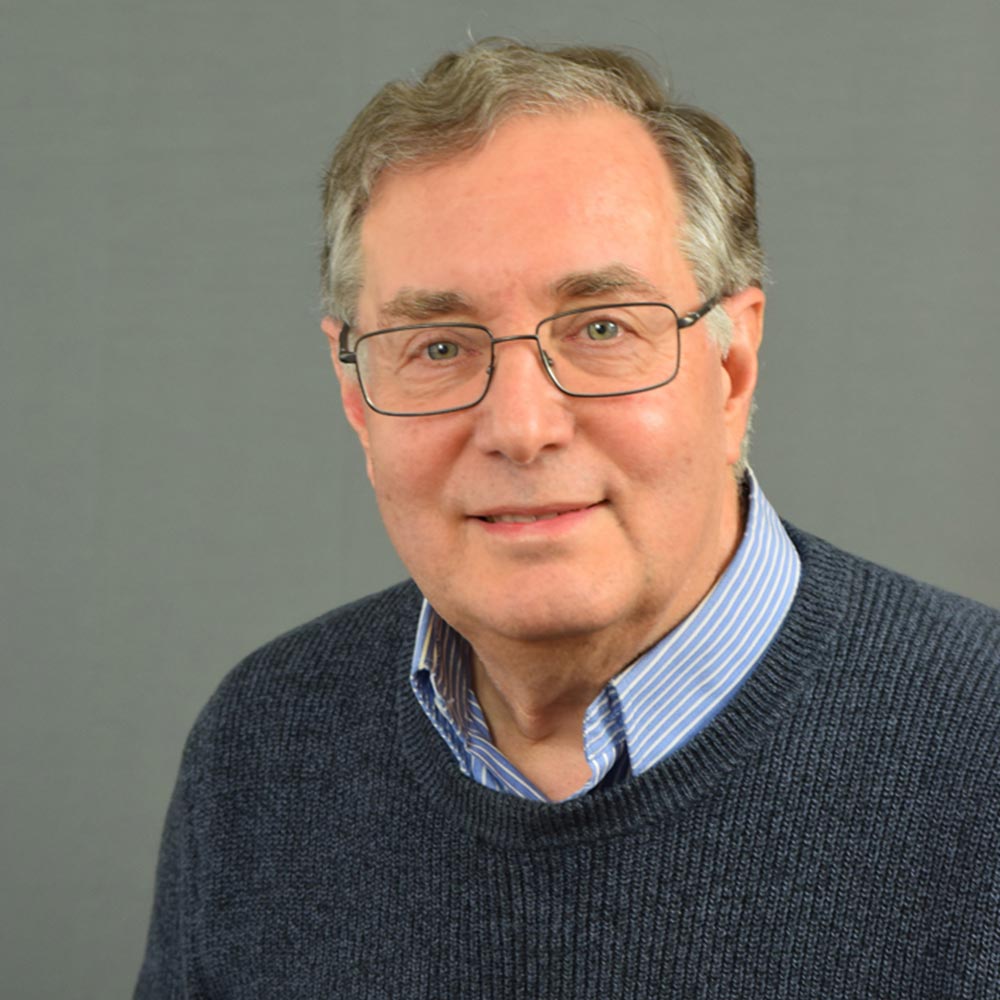
Composer
David Congo (b. 1952) graduated with honors from Western Connecticut State University in Danbury CT, and earned his master degree in music composition at the Ohio State University in Columbus OH. After studying music at these universities, Congo entered a career in the IT field, and immediately began combining computer technology with music creation. He has created works for acoustic and electroacoustic instruments for over 45 years.
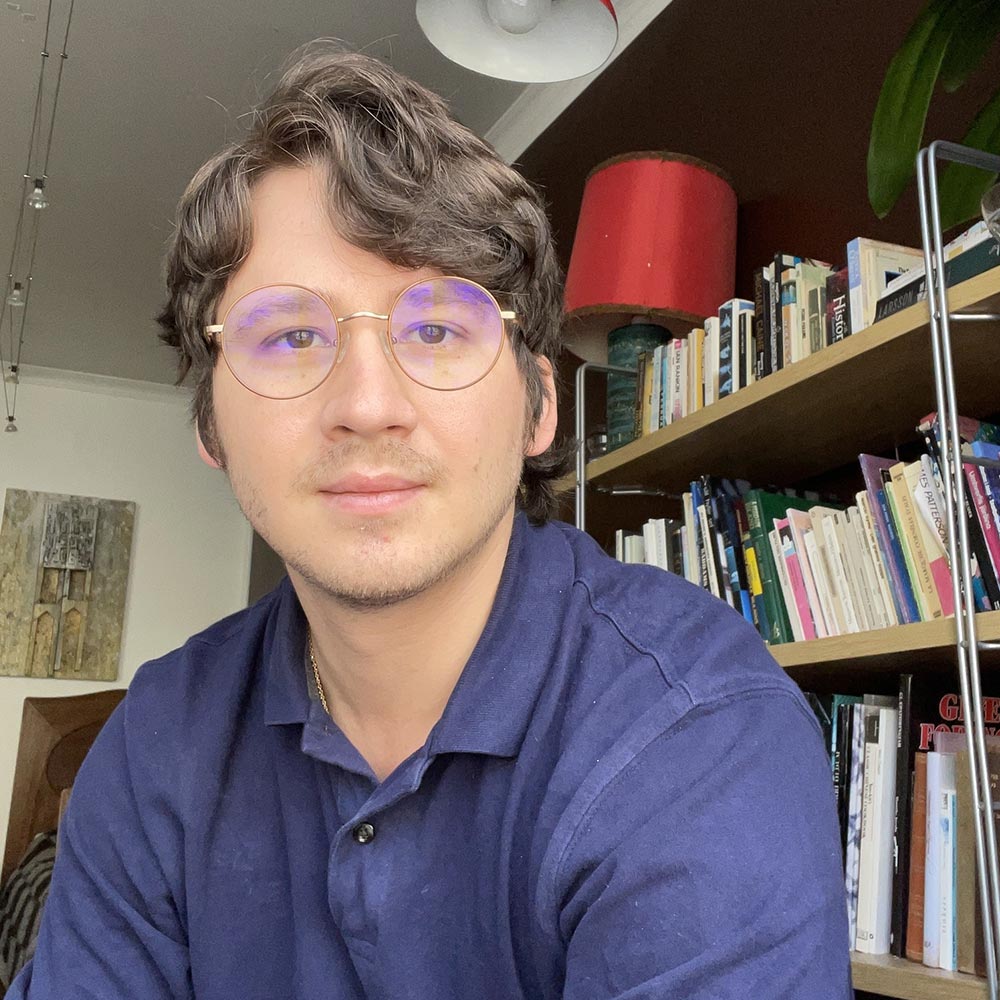
Composer
As a composer and artist who primarily works with sound, Daniel De Togni is fascinated with the concept of space in sound/music. Specifically, the psychological space that music inhabits in our minds as listeners, performers and/or creators, how sonic objects interact with each other in real-time and space, as well how a sound can evoke an image or landscape in our minds.
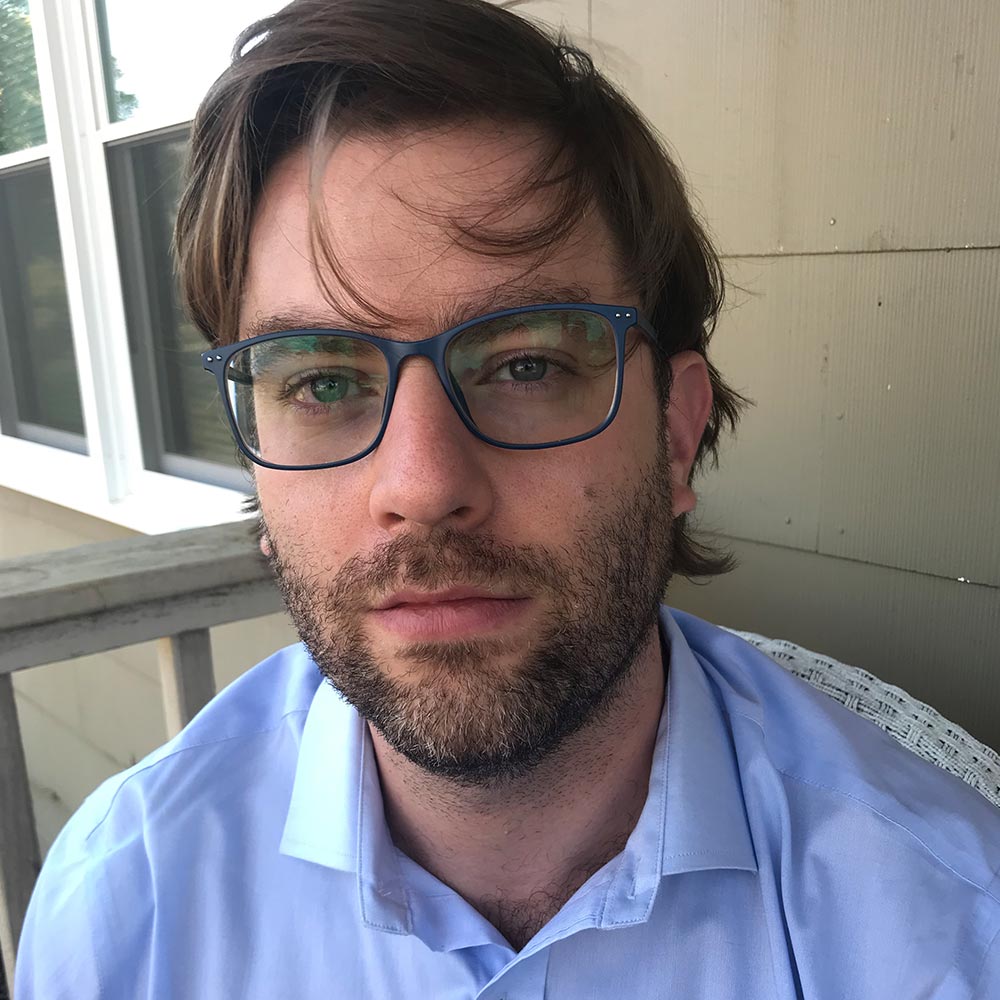
Composer
Colin Kemper is a composer, performer, and educator. His compositional interests are multifaceted; particularly, his art is concerned with matters pertaining to mental wellness, family dynamics, gender norms, addiction, trauma, and recovery. He is interested in collaborative endeavors involving notated music, electronic, electro-acoustic, popular song, theater, video games, film, dance, screendance, and multimedia installation.
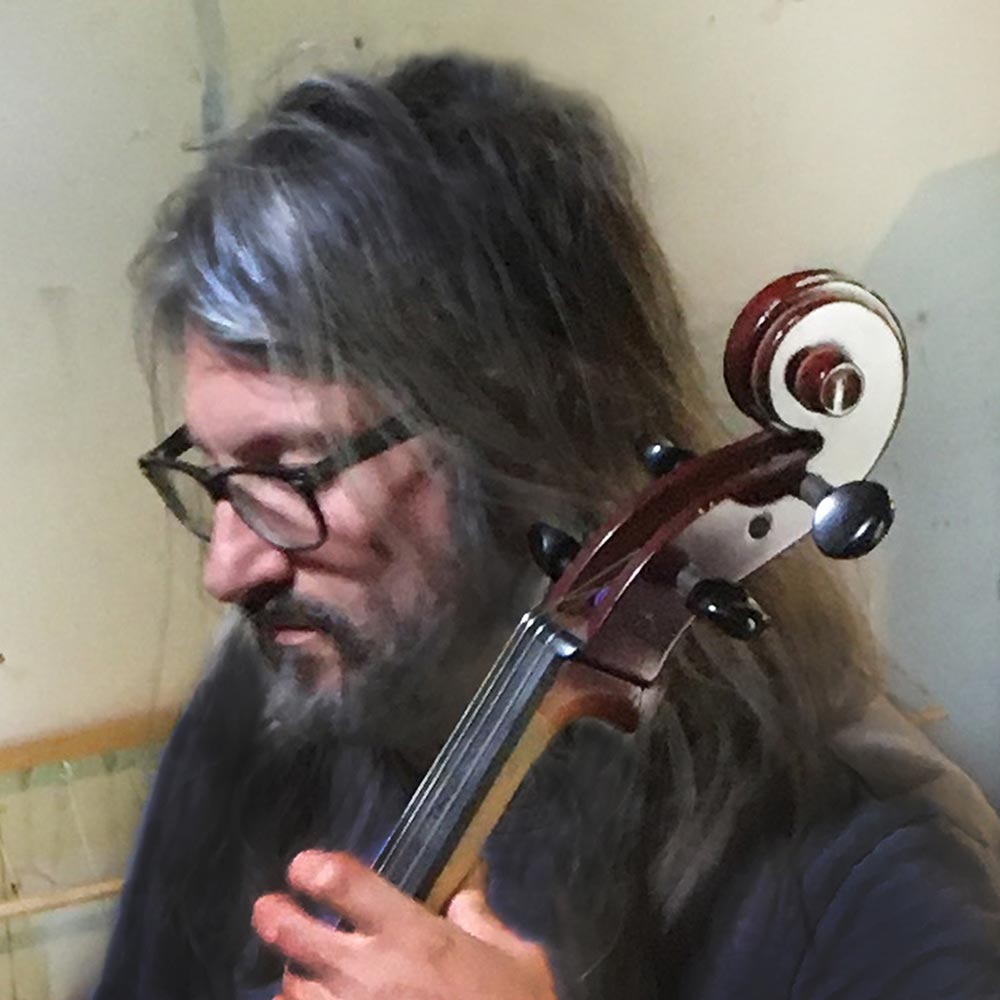
Composer
William Jason Raynovich uses (or rather abuses) computers to create musical repetition out of the idiosyncrasies of physical performances. With the open-source visual programming language, Pure Data, he creates interactive compositions with new notational systems and explores self-similarity systems with live audio processing. He is constructing a series of unconventional instruments to accompany these algorithmic compositions. The works in this series include tre’ for voice, instruments, and computer,and his cello solo piece, now for cello and computer.
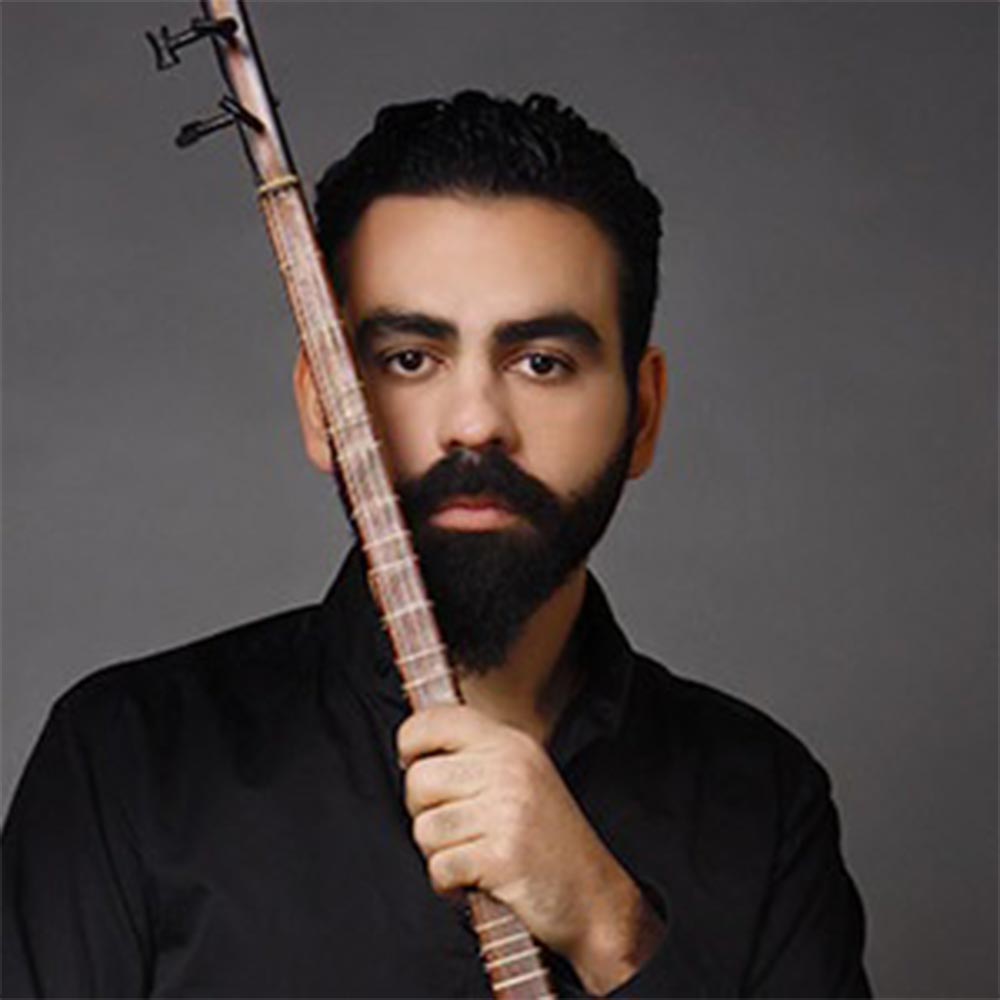
Composer, Setār
Fared Shafinury is an internationally acclaimed artist, Persian setârist, composer, vocalist, activist, and educator. Beyond the singer songwriter, he is a disciple of the many prominent masters of Radif, setâr, and âvâz (Lotfi, Shâri, Zolghadr, and Mozafari). Shafinury has dedicated his life to both the preservation and evolution of classical Persian music.
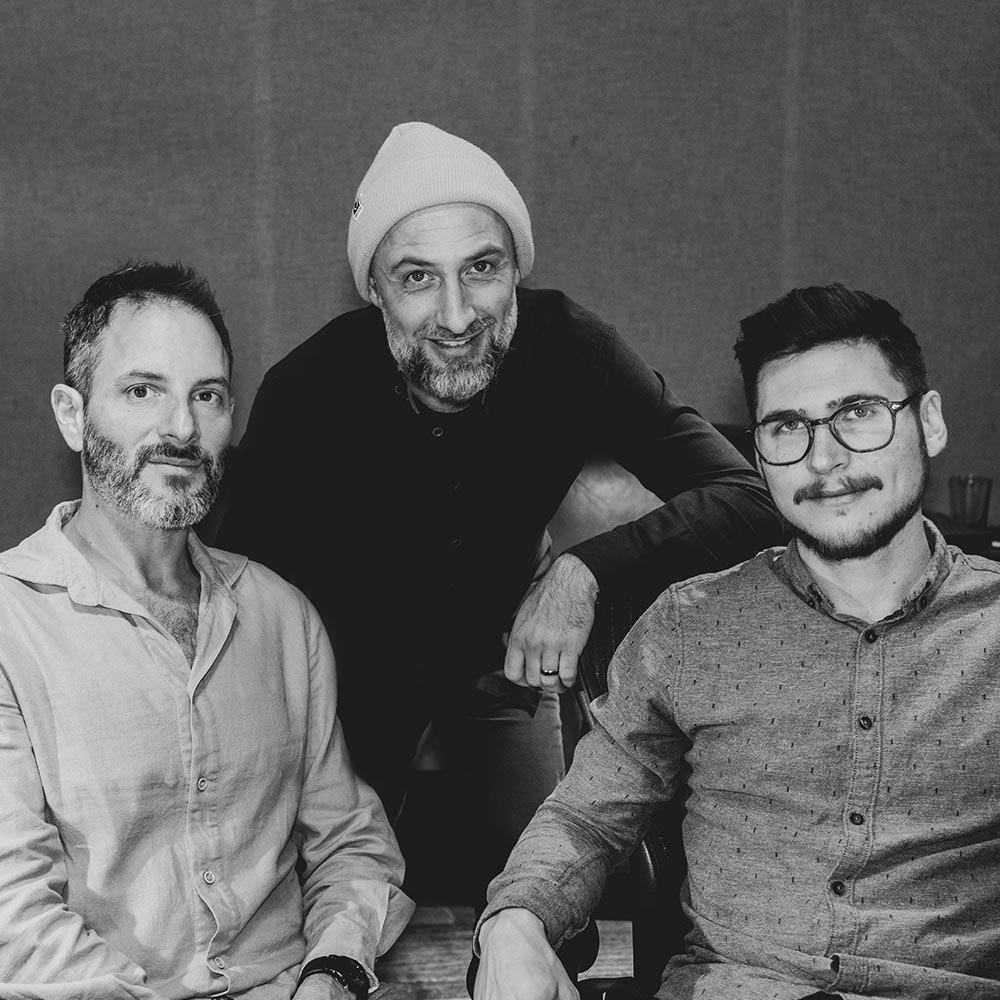
Ensemble
On the verge of composed and improvised music, Whim Ensemble (Ofer Pelz, prepared piano, Preston Beebe, percussion and since 2021 Stéphane Diamantakiou, double bass) creates percussive landscapes by inventing instrument modifications and techniques to build an unusually rich sound world since 2015. They place found objects on their instruments to explore complex timbres, textures, and harmonies. Inspired by electroacoustic music, they generate sound through motion to create musical gestures which resonate to sound as one.
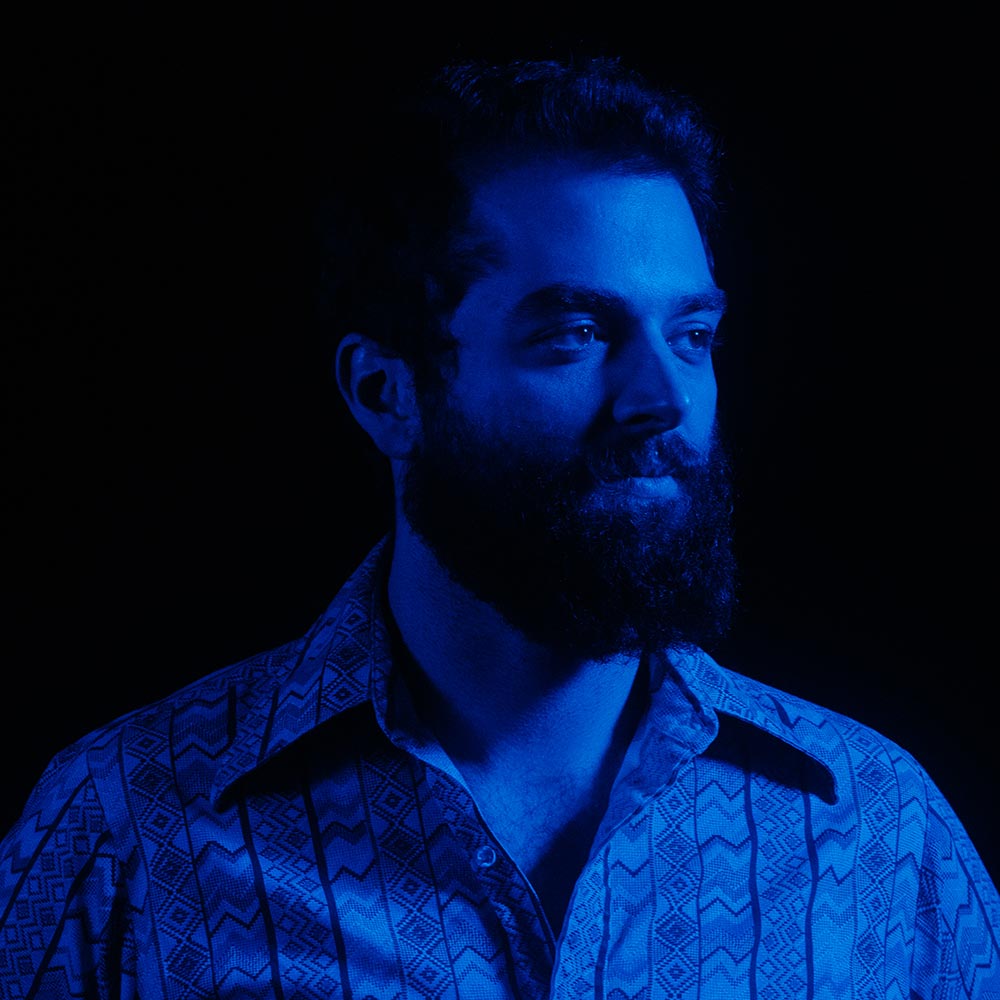
Performer
The 2022 winner of Music NB’s “Innovator of the Year” award, Martin Daigle is an interdisciplinary performer, composer, researcher, and producer from New Brunswick, Canada. Flourishing from creative foundations as a drummer and percussionist, his diverse work as a performer, composer, and researcher pushes the boundaries between audio-visual and electro-acoustic art. Daigle’s innovative approach to percussion music utilizes electronic devices; notably, ongoing research in the development of an “augmented drum kit,” which combines acoustic drum sounds, digital samples, and visual manipulations for a truly unique result.
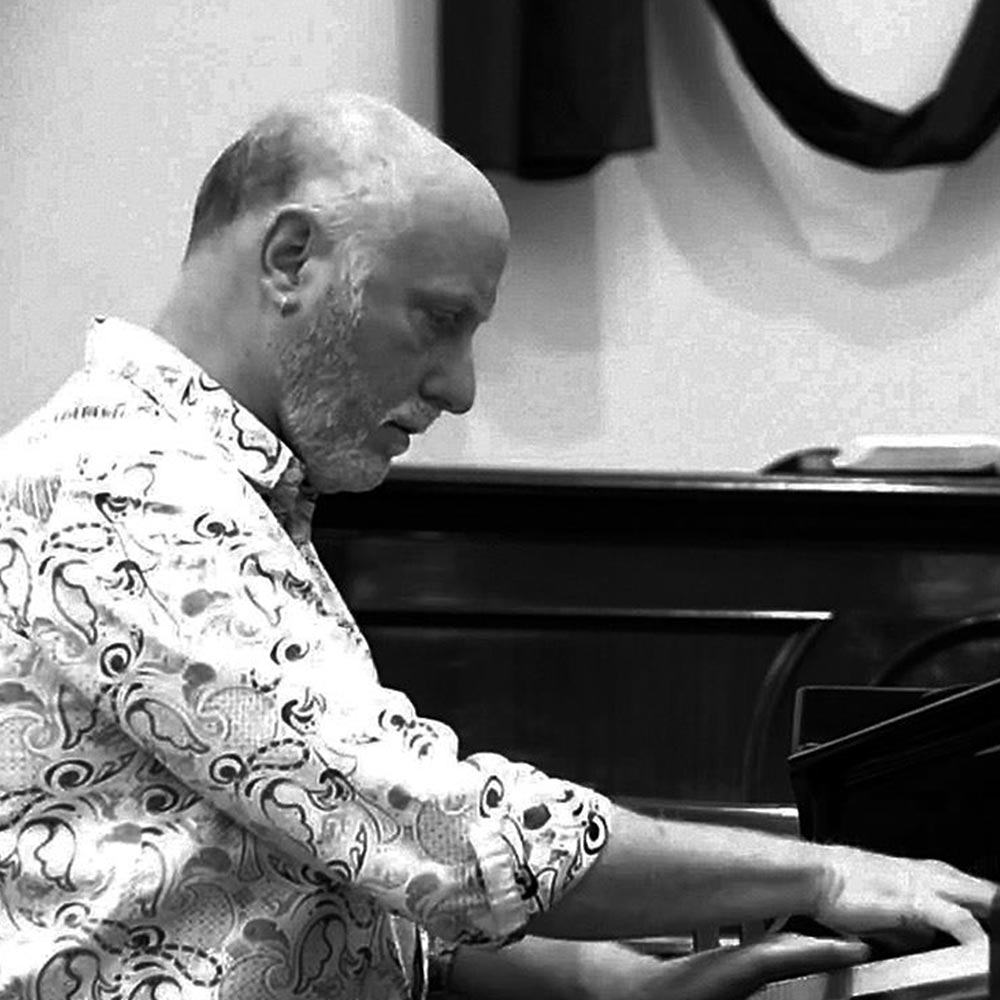
Composer
A recent review in Opera News states that Lawrence Axelrod is “a … composer whose fresh and distinctive music deserves to be more widely known.” At once composer, pianist, and conductor, Axelrod’s musical activities have taken him around the United States, Europe, South Africa, Australia, and New Zealand. As a composer, Axelrod has had works performed by ~Nois Saxophone Quartet, the London Sylvan Ensemble, Quintet Attacca, The Chicago Composers Orchestra, Palomar, Ensemble Dal Niente, Pinotage, The Lincoln Trio, The Duo Ahlert/Schwab, and The Verdi String Quartet in recent seasons. Frissons was premiered by ~Nois on a concert devoted to new music for saxophone quartet in June 2019.
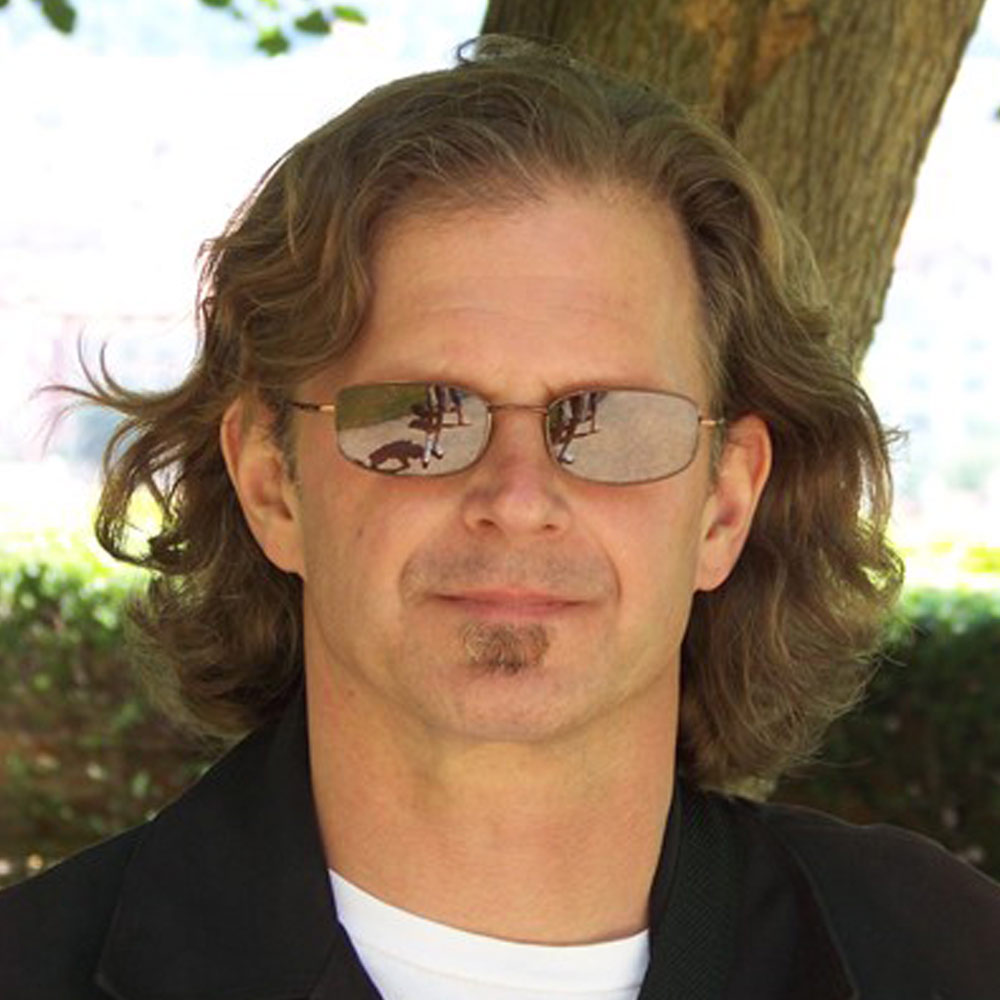
Composer
Ken Walicki is an American composer who is widely recognized and acknowledged for his dramatic, and engaging music.
Because of his unusual and interesting background, his sound world has evolved into a unique combination of Art, Pop, Jazz, and World music. Walicki was one of the first composers to use turntables in his music and the first composer to have turntables as a regular instrument in a standing ensemble.
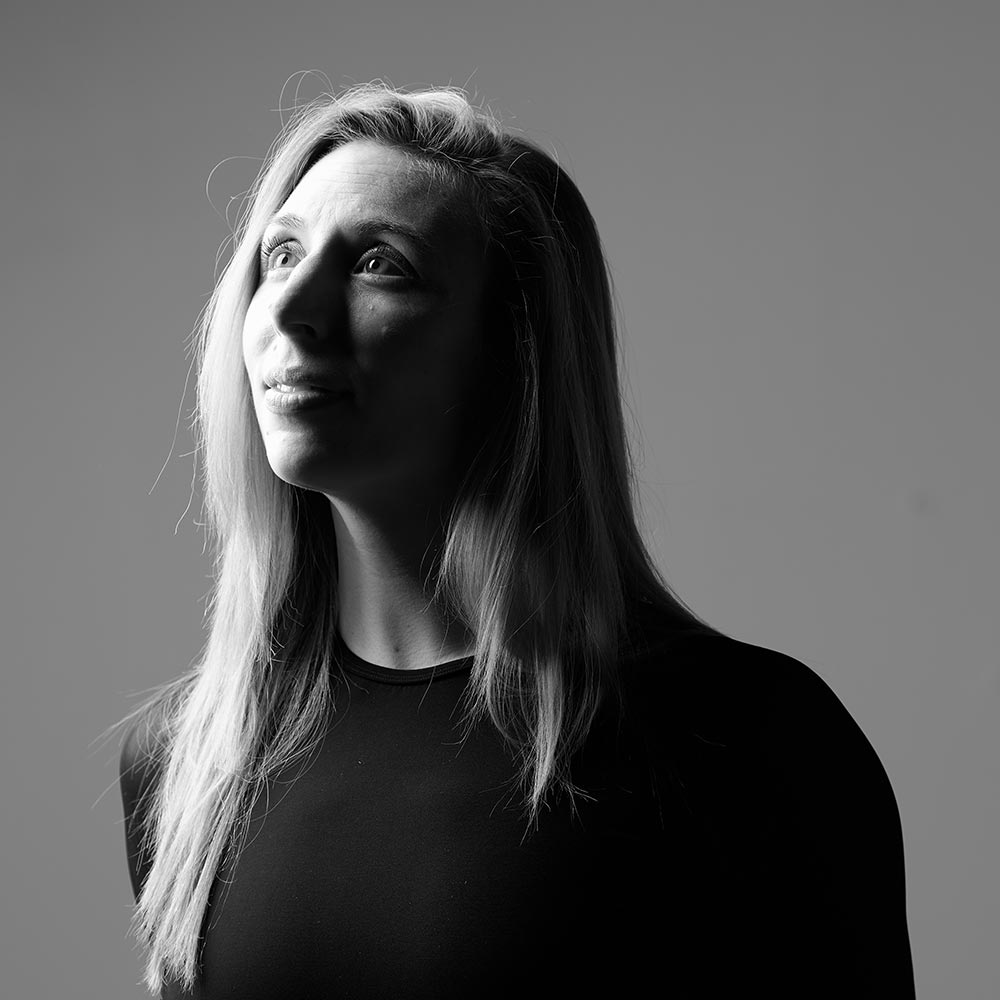
Pianist
Anne H. Goldberg-Baldwin blurs the definitions of music and dance as a composer, choreographer, performer, and educator, a vanguard of interdisciplinary performance art. She is co-founder and Artistic Director of the Tempus Continuum Ensemble, a new music ensemble premiering and performing the works of emerging and living composers. Goldberg’s music has been premiered and performed by ensemble mise-en, the Boston New Music Institute, the Novatrio, NeoLit Ensemble, and at festivals such as the International Ferienkurse für Neue Musik Darmstadt and the Summer Institute for Contemporary Performance Practice at New England Conservatory. Her artistry has been featured in New York venues such as Symphony Space, the Kitchen, the Flea Theater, and many others nationally and internationally.
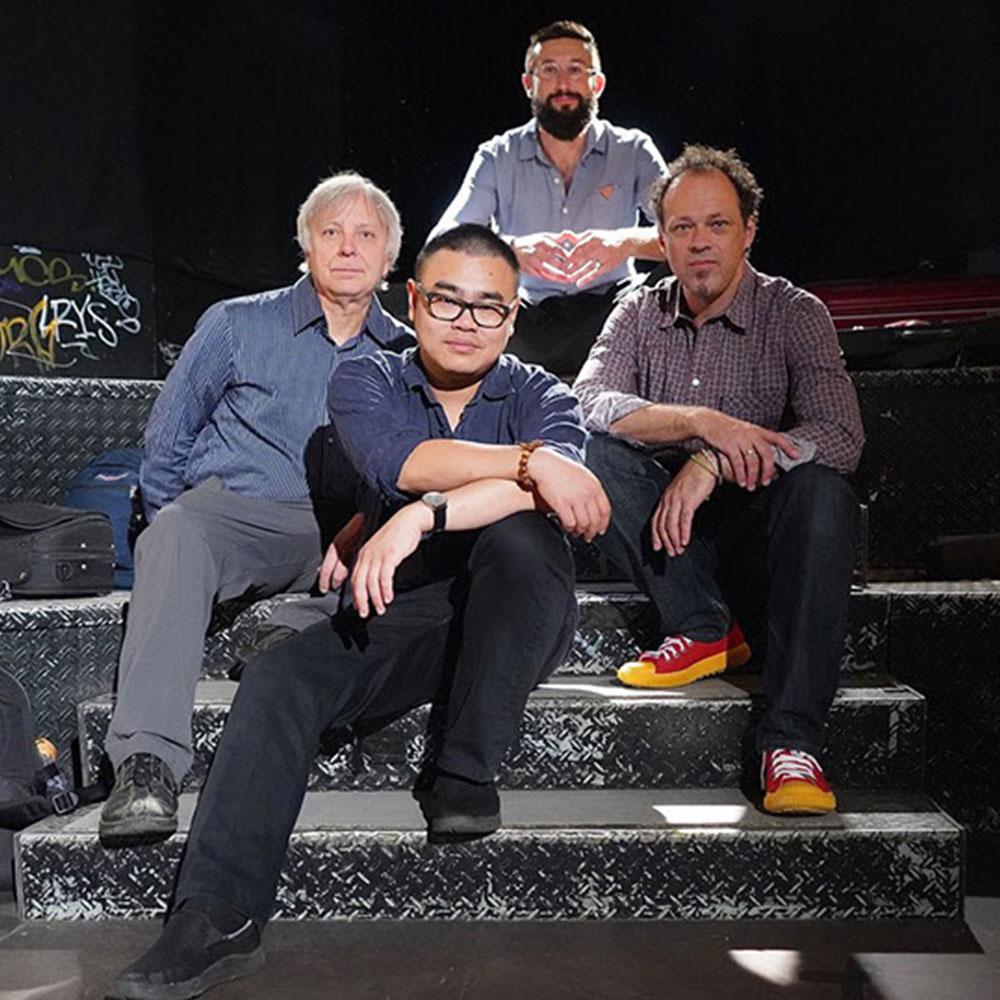
Ensemble
Internationally acclaimed veterans of contemporary music, Sirius Quartet combines exhilarating repertoire with unequaled improvisational fire. These conservatory-trained performer-composers shine with precision, soul and a raw energy rarely witnessed on stage, championing a forward-thinking, genre-defying approach that makes labels like ‘New Music’ sound tame.
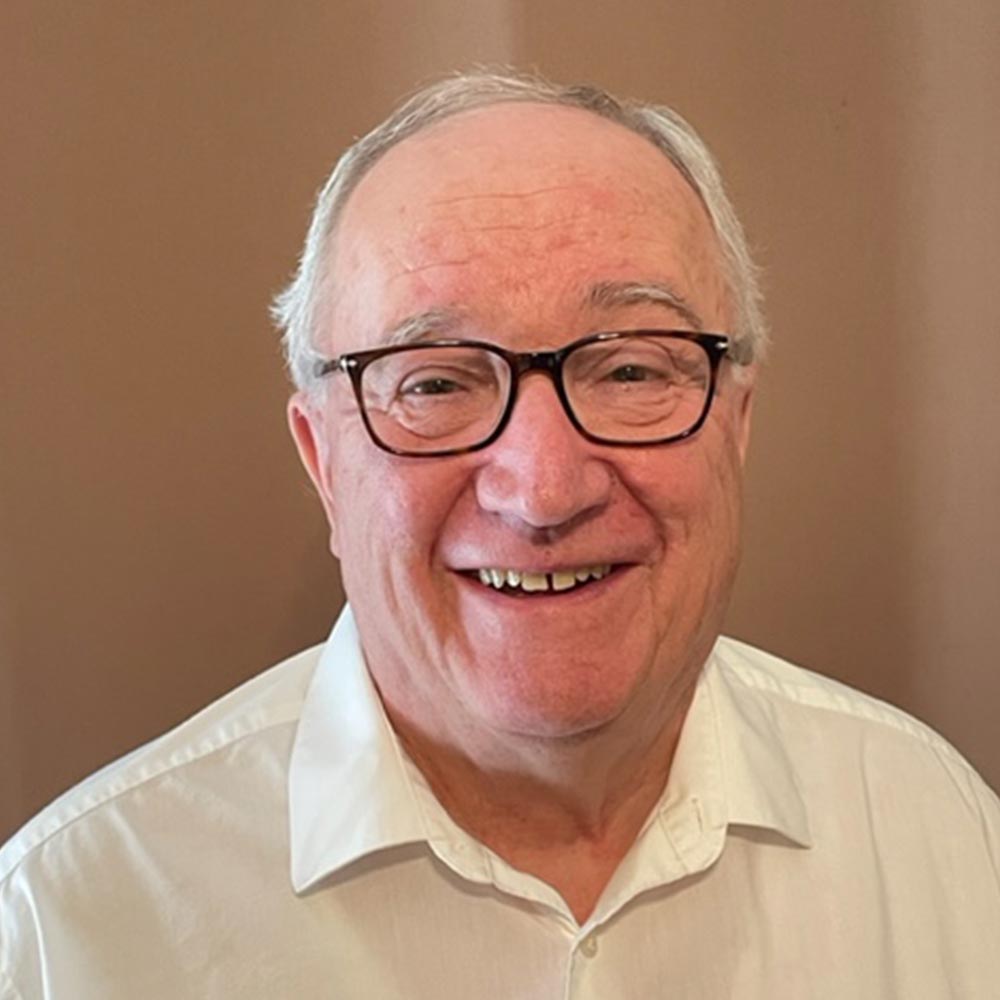
Composer
Alan Schmitz (b. 1950) is Emeritus Professor of Theory and Composition at the University of Northern Iowa’s School of Music. He earned bachelor and master of music degrees from the University of New Mexico and a Ph.D. in music theory/composition from Rutgers University. Schmitz has received awards, commissions, and grants for composition from several agencies including the Alaska Council of the Arts, the Iowa Arts Council, the University of Northern Iowa, and the Lila Wallace/Reader’s Digest Foundation. His music appears on numerous Ravello Records releases, including NINETIES TIMEFLOW (chamber pieces), LYRIC IMAGES (guitar works performed by Todd Seelye), and ACE COMPOSERS, 21st Century Music by Alan, Christopher, and Eric Schmitz. Schmitz retired from the University of Northern Iowa in June, 2017, after 23 years as Associate Director of the School of Music and now resides in the Houston TX area.
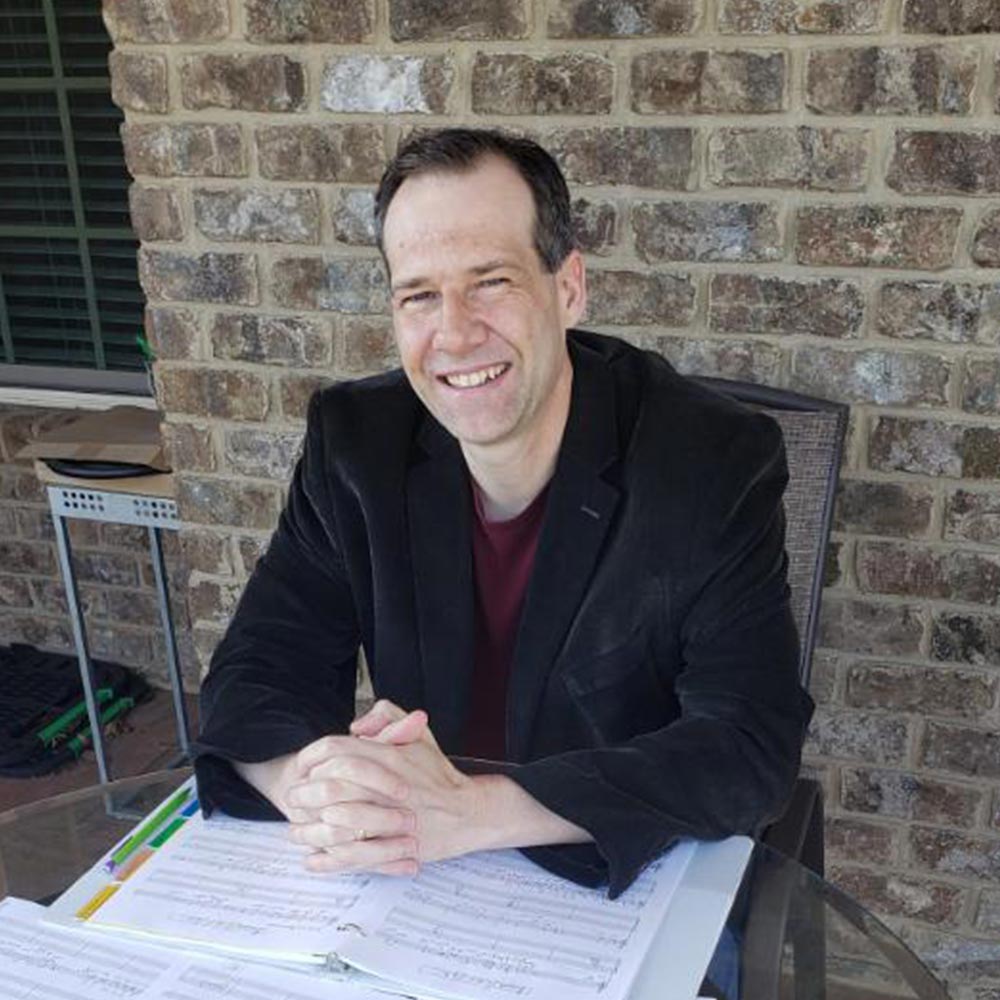
Composer
Christopher Alan Schmitz (b. 1972) is Professor of Theory and Composition at the Townsend School of Music, Mercer University. His solo, chamber, and ensemble works are performed internationally and recorded on Navona Records and Beauport Classical. Scores are published and distributed by C. Alan Publications, Cimarron Press, Opus Music Publishers, and Cherry Classics.
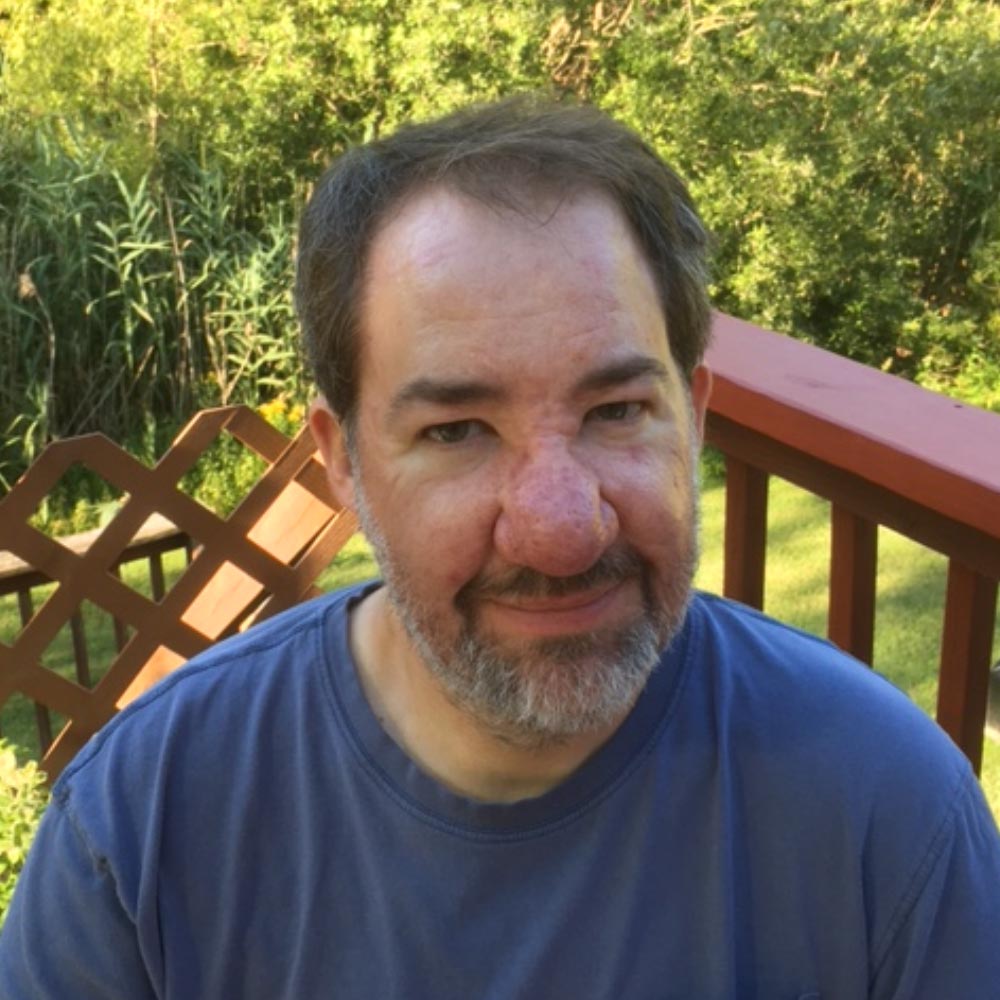
Composer
Eric Schmitz (b. 1977) is Professor of Jazz Studies at SUNY Oswego, where he directs the Oswego State Jazz Ensemble and Latin Jazz Ensemble, co-leads and performs with the Oswego Jazz Project (faculty jazz quartet), and teaches jazz and rock history, improvisation, jazz arranging, and music theory and composition.
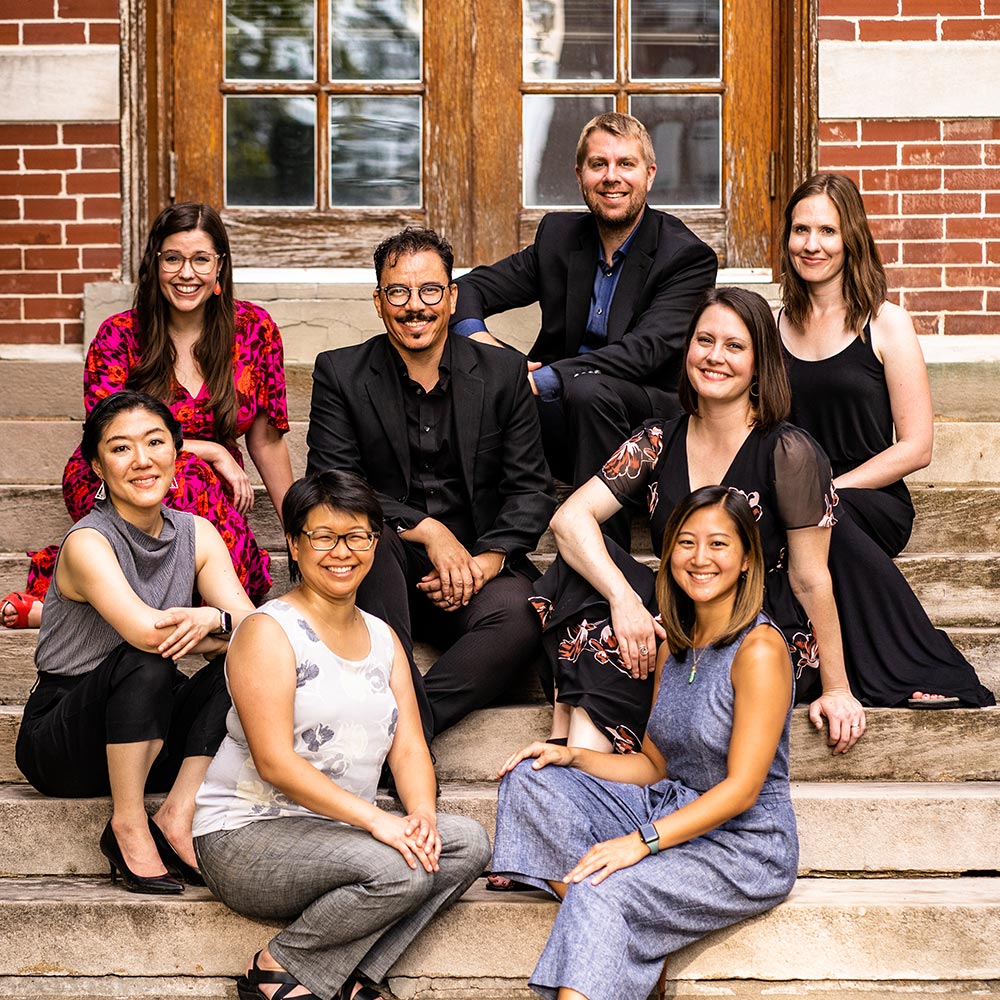
Ensemble
Hailed by the Columbia Daily Tribune as adding a “fresh dimension” to the concert experience, Khemia Ensemble is dedicated to reflecting broader perspectives in contemporary classical chamber music. With its dynamic instrumentation (soprano, flute, clarinet, violin, cello, piano, two percussion), Khemia’s unique sound world encompasses the presentation of new classical music with a mix of acoustic chamber works, multimedia, and multi-genre influences.
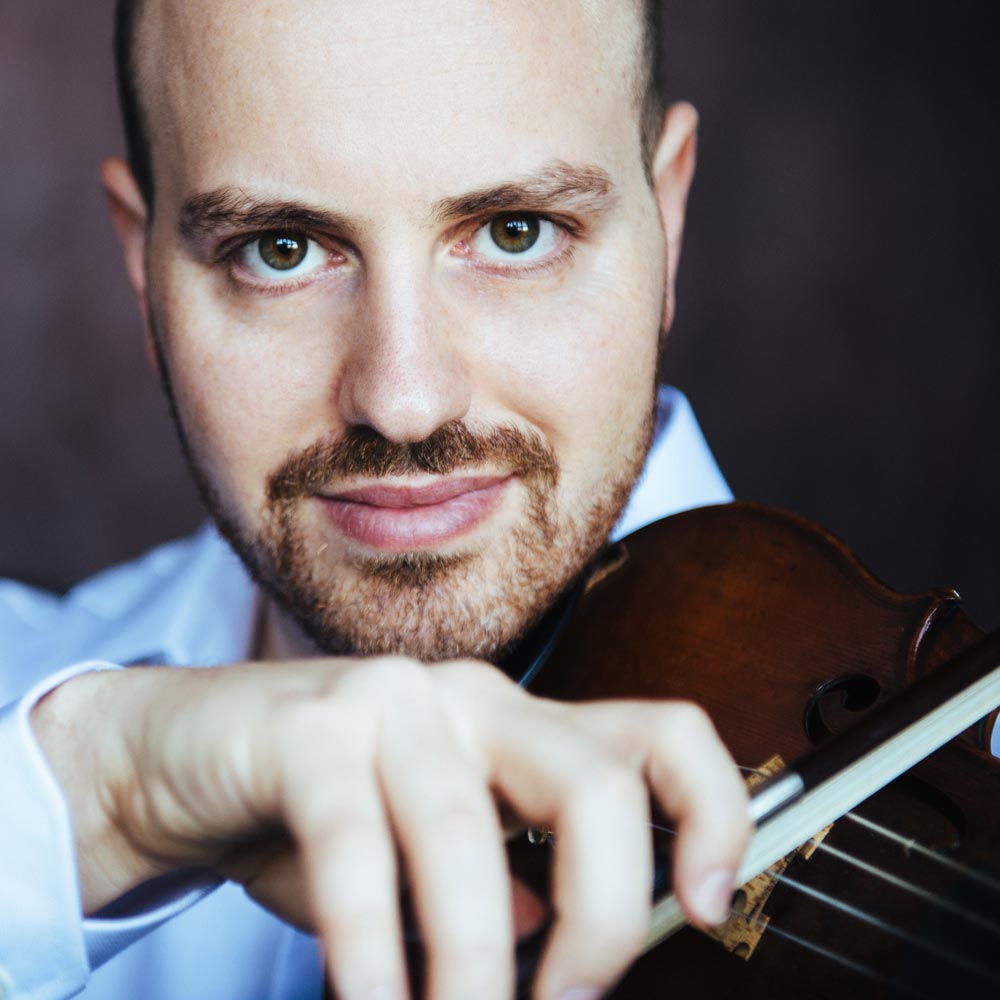
Composer, Violinist
Avner Finberg is an Israeli-American composer and violinist. He studied composition with Ari Ben-Shabtai at The Jerusalem Academy of Music, with Robert Cuckson at The Mannes College, and with Susan Botti at Manhattan School of Music, where he earned a doctorate dfasin composition in 2015.
Finberg’s music has been described by Steven Stucky as “reined, mature work of impeccable technique, original voice, and considerable ambition.” His musical inspirations stem from his Israeli roots and his current life in the United States, combining without discrimination multiple world music traditions with contemporary and classical music techniques and modern technology.
Artists
©2024 Ravello Records. All rights reserved. Website by PARMA Recordings. | Privacy Policy
